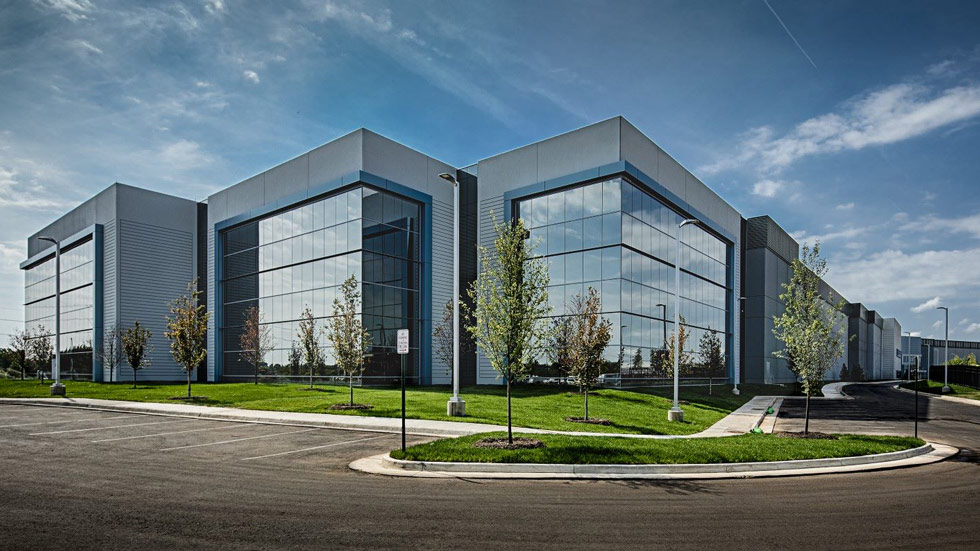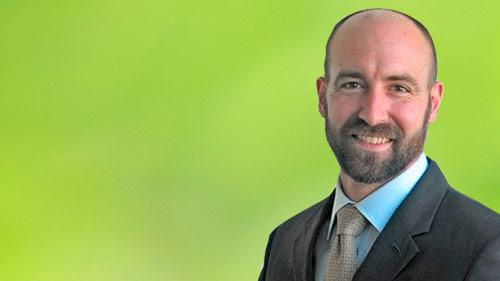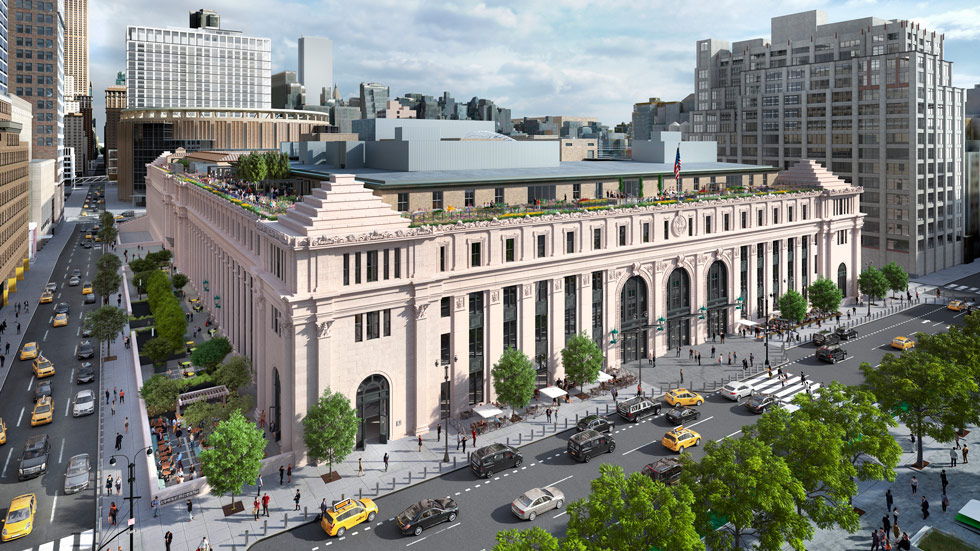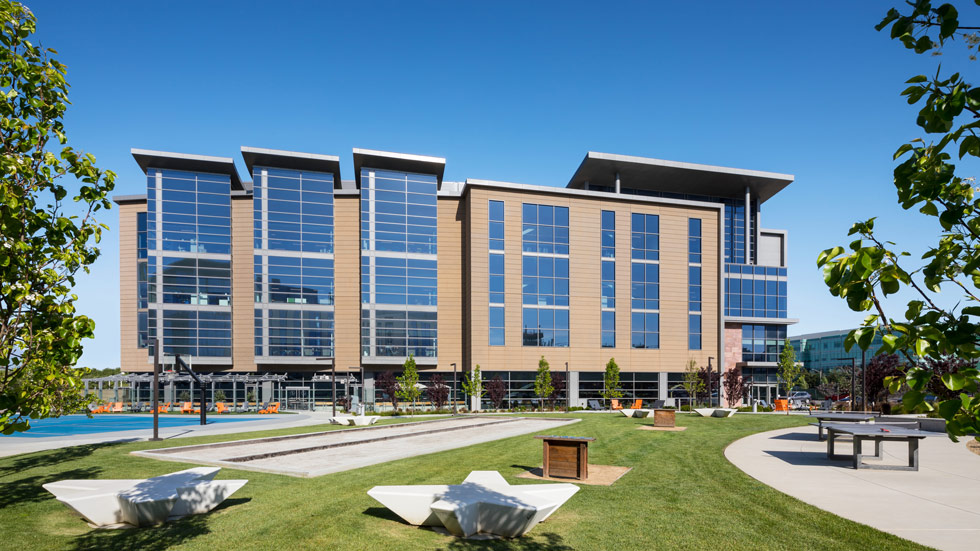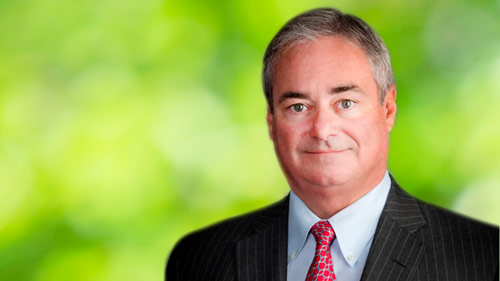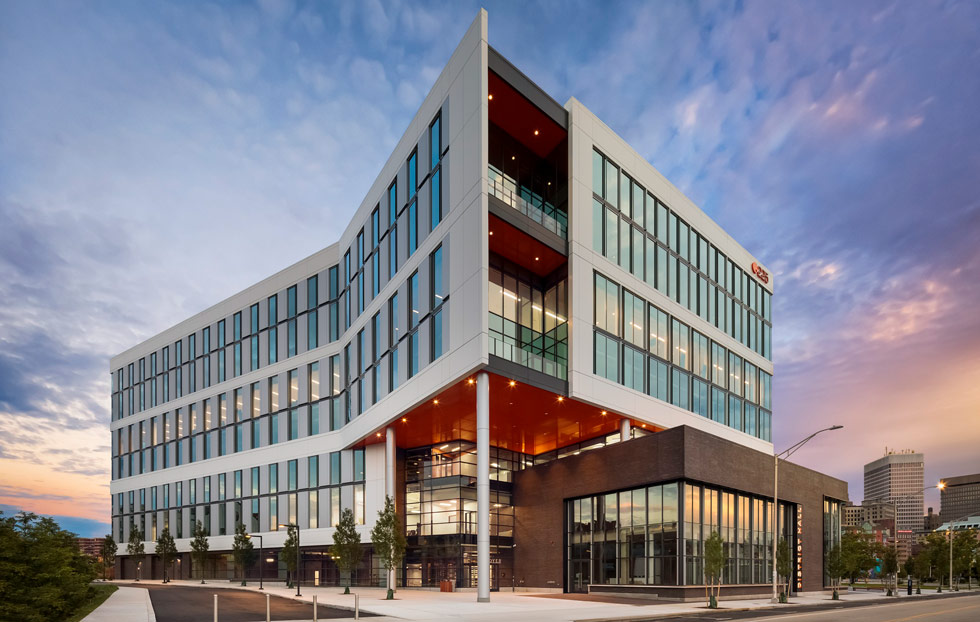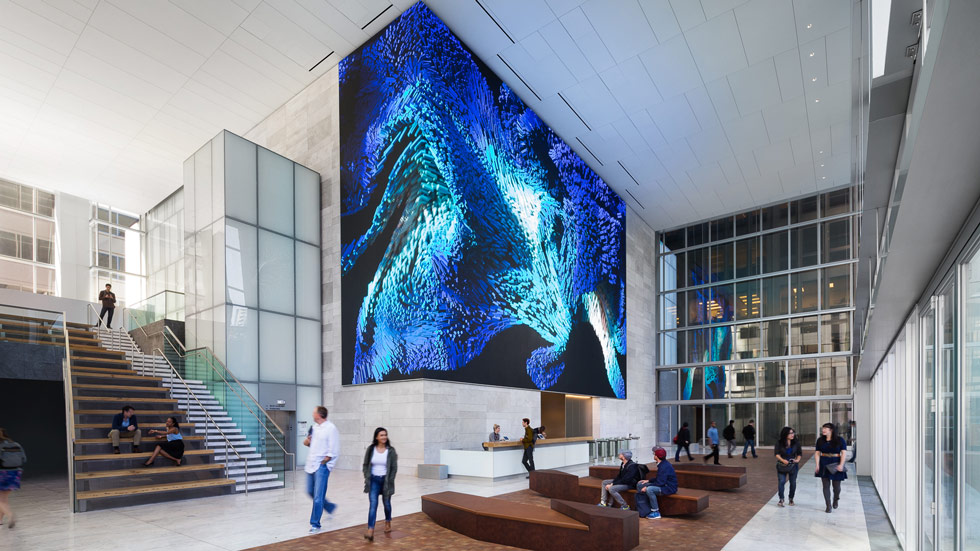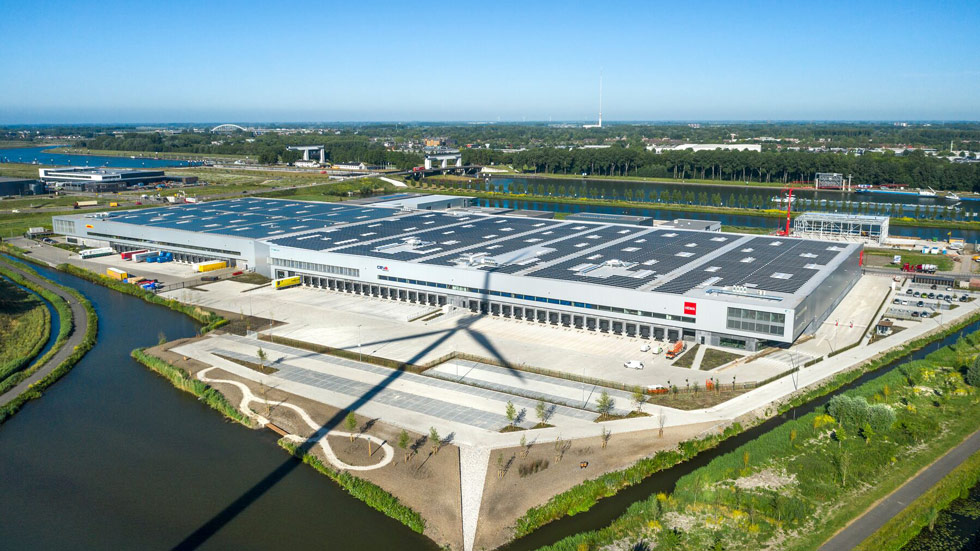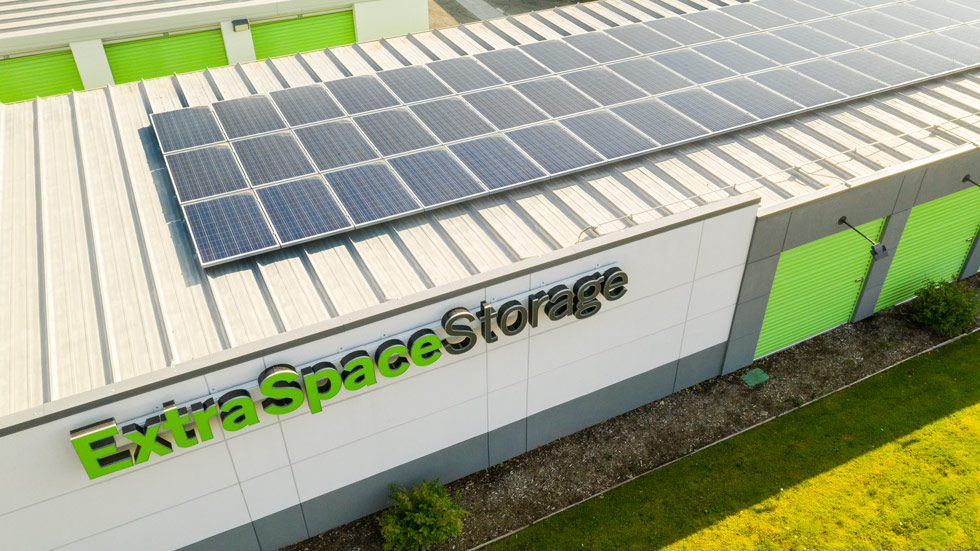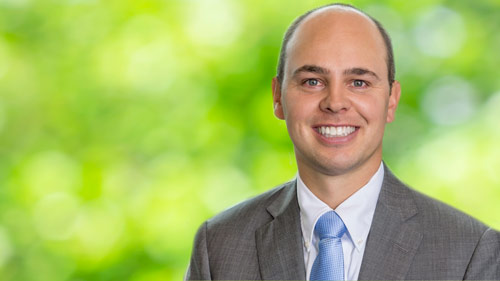Nareit 2020 Leader in the Light award winners weigh in on key ESG trends.
Nareit’s annual Leader in the Light Awards showcase those REITs that have produced superior, measurable results from the implementation of environmental, social, and governance (ESG) practices.
The 2020 winners were recognized in December, when awards were presented to REITs in eight property sectors and in two additional categories: Leadership Personified and Most Innovative.
“We are proud to recognize our members that demonstrate leadership in the REIT and the publicly traded commercial real estate industry with their vision, innovation, and strategy in addressing ESG issues,” says Fulya Kocak, SVP, ESG issues at Nareit.
REIT magazine spoke with the award winners to discuss what they see as key trends and issues in each of the three ESG categories.
Data Centers
“Having a governance and management structure that ensures a cogent and strategic approach to global ESG matters has become of paramount importance to many organizations. Many REITs, in particular, have observed that board-level oversight of environmental and social matters is becoming an expectation—a notable change from when these topics had previously been managed tactically within the organization. Elevating these matters within the REIT management structure increases opportunities to set long-term goals and performance targets to move beyond near-term, tactical targets that only deliver marginal improvements.
Similarly, we see an emerging focus on setting long-term environmental targets to measure, manage, and reduce carbon emissions across the real estate asset lifecycle. This leads to changes in the design of buildings—from aiming for lower carbon footprints and requiring suppliers and contractors to reduce embodied carbon in building materials, to necessitating ongoing building operations to prioritize carbon-free energy sources throughout their operational lifetimes.
An expanded focus on diversity, equity, and inclusion is germane to REITs that recognize that they play a role in addressing societal issues that affect their employees. Business benefits also stem from improving a REIT’s ability to attract and retain talent, having an engaged workforce that reflects the values of the community where they operate, and enhancing relations in local communities.
These ESG factors are no longer a “nice to have;” they’re increasingly becoming part of the fabric of corporate identity as profit and purpose gain equal footing in a business’ attractiveness to their stakeholders.”
Diversified
“Addressing climate change will continue to headline our environmental work in 2021. We have committed to making our buildings carbon neutral by 2030 and prioritize energy efficiency as the most impactful component of our plan. Lower occupancy in our office and retail tenant spaces due to COVID has enabled us to more definitively identify the drivers of energy use in these spaces, and more deeply collaborate with our tenants to reduce their consumption.
Health and wellness, now more than ever, guides our social programs. We spent 2020 keeping our employees and tenants safe through the pandemic with up-to-date communications, programming, and infrastructure. We’re particularly proud to be among the first companies to have earned the Fitwel Viral Response Module distinction. Maintaining healthy work environments will continue to be our priority as we emerge from the pandemic in 2021.
We anticipate the REIT industry will continue to formalize its corporate governance on ESG. Just as Vornado has done, we are seeing more companies assigning areas such as climate change risk, diversity and inclusion, and human capital management to specific committees on the board, as well as to designated members of management.”
Health Care
“ESG continues to be a critical issue for stakeholders. At Healthpeak Properties, we believe it is important to approach ESG holistically across each of the ESG dimensions, and we have developed comprehensive ESG initiatives that complement our overall business strategy.
There is greater scrutiny on what companies are doing to address climate risk, including how it fits into their overall risk mitigation strategy. At Healthpeak, we plan to address climate risk through our early adoption of rigorous long-term science-based targets to reduce greenhouse gas emissions across our portfolio.
With recent social unrest in the U.S., inclusion and diversity continue to be a prominent issue. We recently launched our We Stand Together initiative, which focuses on enhancing racial diversity and awareness within the company and our communities. We have worked toward greater gender and racial/ethnic diversity across all levels of the company, with our board comprised of 50% female and 25% racially/ethnically diverse directors, and our workforce made up of 49% female and 42% racially/ethnically diverse employees.
Meanwhile, investors increasingly are looking to companies to be good corporate citizens, and a board’s role in overseeing corporate culture and ESG are critical to this end. At Healthpeak, our board is actively engaged in overseeing corporate culture and ESG, with these matters discussed as standing agenda items at each regularly scheduled board meeting.
As ESG continues to grow in importance, ongoing stakeholder engagement will help companies meaningfully address issues while identifying opportunities for creating value and a positive impact to the community as a whole.”
Health Care
“While the 2021 outlook remains dynamic, we expect companies to continue to evolve in order to meet heightened expectations for societal engagement and corporate citizenship from all stakeholder groups.
In 2020, Ventas set ambitious new goals to reduce our greenhouse gas (GHG) emissions as well as our use of energy, water, and waste. We also committed to set and measure our emissions goals in alignment with current climate science through the Science Based Targets initiative. We recognize the business and moral imperative to preserve our planet. In 2021, we see an important emphasis on renewable energy, especially as institutional investors request deeper dives on environmental information. For example, Climate Action 100+, an investor group, has requested net-zero GHG by 2050, and BlackRock sees carbon efficiency as a key differentiator between companies.
The issue of diversity, equity, and inclusion sits squarely at the intersection of social and governance vectors. Following the national awakening to the racial inequities across society this past year, real estate companies who have not focused on DE&I historically will begin to do so, and others will “raise the bar” in their efforts and focus. In all cases, we expect these efforts to be multidimensional—through hiring, training, contributions to causes furthering racial equality, board composition, and business partnerships with minority-owned firms. We also expect boards of directors to take a more active role in overseeing companies’ ESG principles and actions plans, more disclosure by companies of their ESG efforts, and potentially stronger linkage between investment decisions and strong ESG commitment.”
Office
“Addressing scope 3 carbon emissions is the major environmental trend. REITs are now good at addressing onsite energy consumption and going forward the focus will be on reducing carbon in the supply chain, especially in construction materials such as concrete.
COVID-19 has turned the industry’s focus toward the impacts of buildings on human health. A major social issue will be taking what we learned about keeping occupants safe during the pandemic and translating that to health programs in a post-vaccine world. Optimizing the effectiveness of diversity programs is also of paramount importance.
Climate risk is a key trend in governance. Per the recommendations of the Taskforce on Climate-Related Financial Disclosures, the board of directors should have governance over climate-related risks and opportunities. More REIT boards will be adding these issues to their scope. “
Industrial
“The scrutiny around ESG has intensified further this year given the global pandemic, racial and social justice efforts, and ongoing threat of climate change. As more governments turn to regulation to manage global warming, companies are stepping up with ambitious climate goals and transparent reporting. Prologis, for example, has committed to science-based targets to reduce greenhouse gas emissions, and our reduction strategies can also serve as a resource for customers who are looking to lower the emissions in their own supply chains.
With social concerns continuing to be a focus for companies and investors, corporate practices around inclusion and diversity, workplace culture, and community relations are no longer centered on mitigating business risk—instead, ESG initiatives must find ways to address societal issues and create value for all stakeholders. One example is Prologis’ Community Workforce Initiative, our workforce training program created to provide opportunities for people to excel in jobs of the future. These initiatives can succeed when effective governance systems, such as stakeholder dialogue, are established.
As the new normal of the post-pandemic world takes shape, ESG programs will only grow in prominence. Sustainability matters more than ever, and we must all work toward delivering better outcomes—for our customers, employees and investors, and for the environment and society as a whole.”
Residential
“The key trend on the horizon for environmental issues is the move to low/no carbon and net zero company commitments. Our science-based targets have put AvalonBay on that path, but there’s much work to do.
The biggest social issue ahead is the drive for racial equality and justice and our recovery from COVID-19. AvalonBay’s newly announced partnership with the National Urban League and 2025 Diversity in Leadership Goals have, again, set our company on the right path—but there’s still much work to do.
The key issue ahead in the governance arena continues to be a focus on all the things that make a company go from good to great. If I had to pick a specific piece, it would be the management of risks, and in the ESG world, specifically, the management of climate-related risks. Our recent portfolio review of climate related risks has put us on the right track. I see a trend emerging: 2021 and beyond will be busy!”
Retail
“We have just entered the “decade for action” on climate change. As part of URW’s Better Places 2030 global Corporate Social Responsibility (CSR) strategy, we have committed to reduce our own greenhouse gas emissions across our value chain by 50% by 2030—including by 35% on construction, 80% on operations, and 40% on visitor transportation. These targets have been validated by the Science Based Targets initiative as being consistent with levels required to meet the goals of the Paris Climate Agreement.
All of our retail assets design community action plans meant to strengthen and support the local communities they serve through economic, social, and structural assistance. This commitment rests at the very heart of our worldwide CSR program. Thanks to the strong community ties we foster, we were able to react extremely quickly to the COVID crisis and devise appropriate strategies with local stakeholders. In 2020, our #WestfieldCares campaign has directly supported more than 100 nonprofits in the U.S. to assist those most vulnerable to the COVID-19 pandemic.
Our Better Places 2030 CSR program is holistic, encompassing all business functions across the company. Rolling out this program and embedding it into the very heart of our culture has only been made possible thanks to the solid and efficient governance of CSR issues within the company. Our employees’ individual annual performance objectives and reviews require alignment with our broader CSR ambitions.”
Self Storage
“On the environmental front, a key trend for us is evaluating the resilience of our portfolio and how it influences our investment, disposition, and asset management decisions in key markets where we have concentration.
Given the level of disruption experienced in 2020, one key social trend we are focused on for 2021 is company culture. We believe taking care of our people and our company culture are keys to our success. However, due to COVID-19, our corporate teams have been working from home for the majority of the year, and our 3,000-plus employees operating the 1,900 Extra Space facilities across the country are now working in a very different environment. Keeping everyone safe, connected, unified, and moving toward our goals will continue to require outsized concentration. Hiring, training, and developing diverse top talent will have to be more intentional and require heightened teamwork and innovation. This should be a focus of any employee-first company in the year ahead.
For governance, we continue to be focused on board diversity, and how we continue to evolve our board to ensure diversity of thought, experience, and tenure.”
Leadership Personified & Most Innovative Awards
Sara Neff, SVP of sustainability at Kilroy Realty Corp. (NYSE: KRC), received Nareit’s 2020 Leadership Personified award. Neff is humble about the win but admits she’s happy to be seen as an approachable REIT ESG leader, and her proverbial door is always open for industry colleagues who may have an ESG issue to discuss.
“I believe I’ve helped foster a spirit of transparency and collaboration around ESG issues that have helped all of us grow our programs,” Neff says.
Kilroy was also the first REIT to make a commitment to achieve carbon neutral by the end of 2020, a goal they have since achieved, and Neff’s leadership in that arena helped facilitate the impressive achievement.
Additionally, Kilroy has been awarded Nareit’s 2020 Most Innovative Leader in the Light award. Part of what has made the REIT so forward-thinking is the strategic partnerships it has formed through the Kilroy Innovation Lab, including collaborations with cleantech incubators Elemental Excelerator, the USGBC Los Angeles Net Zero Accelerator, and Build Edison. Neff says these partnerships have helped Kilroy sift through the noise, resulting in pilots and programs that are aligned with its core mission of reducing the environmental footprint of its buildings while maximizing social benefit.
“We’ve focused on innovation for many years, and our teams understand that it is a key component of our sustainability strategy,” Neff adds. “As a result, our team members are able to recognize and take advantage of opportunities for innovative sustainability when those arise.”
